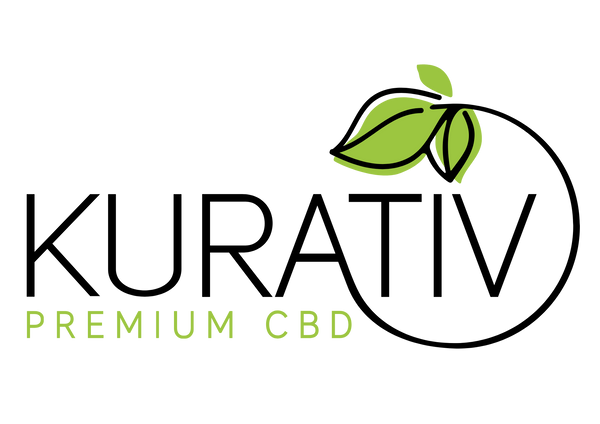Introduction
Cannabidiol (CBD) and delta-9-tetrahydrocannabinol (THC) are two of the most well-known compounds found in the cannabis plant. Despite their shared origin, these cannabinoids have distinct effects on the human body. In this scientific blog, we delve into the intricate mechanisms of CBD and THC and explore the fundamental differences in how they interact with our bodies.
The Endocannabinoid System (ECS) and Receptor Interaction:
The ECS is a complex cell-signaling system found throughout the human body. Both CBD and THC interact with this system, but their effects on the ECS receptors, namely CB1 and CB2 receptors, differ significantly. CBD does not directly bind to these receptors, but rather influences their activity, leading to various therapeutic effects. In contrast, THC binds directly to CB1 receptors, primarily located in the brain, resulting in the psychoactive “high” associated with cannabis use.
Psychoactive Properties: THC’s Intoxication vs. CBD’s Non-Psychoactivity:
One of the most distinct differences between CBD and THC is their psychoactive properties. THC’s binding to CB1 receptors in the brain triggers euphoria and altered perception, leading to the “high” commonly associated with marijuana use. On the other hand, CBD does not produce intoxicating effects and does not alter one’s mental state, making it a more appealing option for those seeking therapeutic benefits without the high.
Medical Applications and Therapeutic Potential:
Both CBD and THC have shown promising potential for various medical applications. While THC is utilized for pain relief, nausea management, and appetite stimulation, CBD is gaining recognition for its anti-inflammatory, anxiolytic, and neuroprotective properties. Moreover, CBD’s potential in mitigating certain types of seizures has led to the approval of a CBD-based pharmaceutical drug for epilepsy.
Entourage Effect: Synergy of CBD and THC:
CBD and THC often work synergistically when consumed together, producing what is known as the “entourage effect.” In some cases, the presence of both cannabinoids enhances their individual effects, leading to a more comprehensive therapeutic experience. However, for those who wish to avoid the intoxicating effects of THC, CBD products with non-detectable or low levels of THC offer a viable alternative.
Legal Status and Regulation:
The legal status of CBD and THC varies significantly worldwide. CBD derived from hemp, with THC content less than 0.3% in the United States, is federally legal, while THC remains classified as a Schedule I substance. It is crucial for consumers to be aware of their local laws and regulations concerning the use of CBD and THC products.
Conclusion:
Understanding the scientific differences between CBD and THC is essential for making informed decisions about their use. While THC remains a controlled substance with psychoactive effects, CBD offers a non-intoxicating alternative with a wide array of potential therapeutic benefits. Whether seeking relief from pain, inflammation, anxiety, or other health concerns, CBD presents a promising avenue for natural wellness without the high associated with THC consumption.

